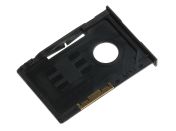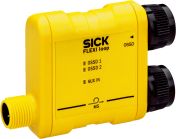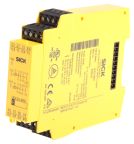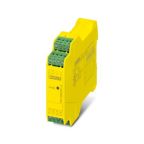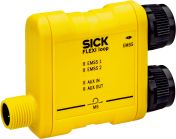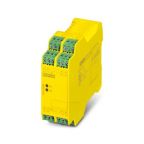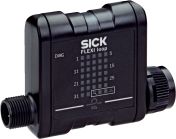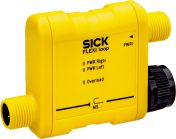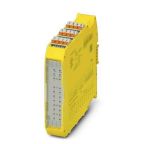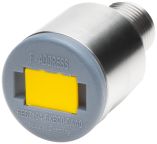Safety IO Modules
Safety io modules have been built or designed in computers to detect short circuit, communication errors and cross faults.
What are Safety IO Modules?
Under normal circumstances, a safety io module is characterized by extremely powerful LEDs. These carry out their own functions in the process of detecting input and output. The "io" is an acronym for input and output. They usually play the role of mediator between processes as well as input/output devices. Such is what a safety io is basically all about. If you want to make the right choice when it comes to safety io modules, it is crucial to read the details below. These will ensure you have knowledge about what such devices can do once used.
Understanding the Features And Benefits of Safety IO Modules
As explained above, safety io modules are always expected to detect malfunctioning and problems in devices. Input modules have a role of receiving signals from switches or sensors. After this, the signal is going to be sent over to a processor. Such processor signals will then be taken by the output module. This is usually taken to devices such as motor starters or relays. Safety io module can be available in 3 different forms. These are modulated digital output, direct digital output and analog output. They tend to be unique in their features and functionalities. However, note that their roles are similar - interfacing with external devices. In most cases, an input output module carries out three major functions. These are data transfer, control output, and sensory input. Furthermore, safety io components are like your memory components. Apart from having addresses, each of such address contains either 16 or 8 bits. In the case of an 8bit port, some bits can receive signals while others will be sending output signals. It all depends on how they are being put to use though.
Popular Searches
Related links
- SICK FLEXIL Series Input/Output Module, 16.8 → 30 V dc
- SICK FLEXIL Series Input/Output Module, 24 V dc
- Schneider Electric - Easy Series EasyLogic PM2X30 Series Input/Output Module
- Phoenix Contact PSR Series Input/Output Module 10 Outputs, 24 V
- Siemens SIMATIC S7 Series Input/Output Module
- Weidmüller UR20 Series Input/Output Module 4 Outputs, 24 V dc
- Phoenix Contact PSR Series Input/Output Module 24 V
- SICK Input/Output Module 4 Outputs, 24 V
